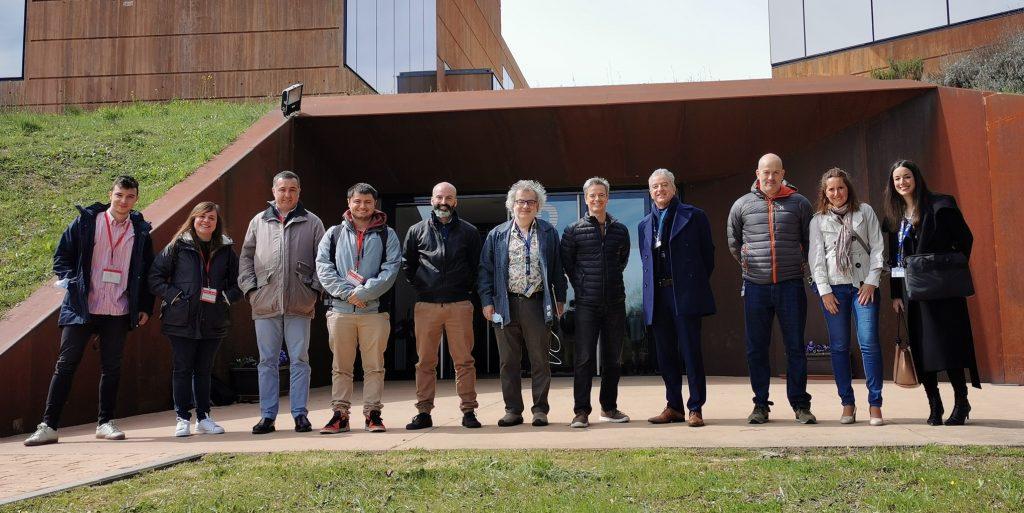
GSSC Now, explore more than 100 million GNSS assets
More than 100 million GNSS public assets available in our GNSS Science Exploitation Platform, GSSC Now, a facility of ESA’s Navigation Science Office. This represents another step forward since March 2022, when our first public beta unveiled ESA’s innovative proposal for collaboration, exploration, and analysis to accelerate science unleashing the full potential of ESA GNSS archives.
GSSC Now indexed datasets include CORS assets (CDDIS, BKG or IGN), ESA missions such as SWARM, GREAT, GOCE, GNSS experiments and many more!
Boost your GNSS research with a two steps approach. First, explore assets with advanced filtering capabilities on, observation codes, stations, instruments, sampling rates, observed satellites, and dates, among others. Second, run on-demand scientific tools, called datalabs, to generate insights from previous selection.
GSSC Now repository is continuously growing and many more datasets and datalabs – with demonstrators and unique functionalities for the treatment of the available data/products – will be made available to the scientific community in the near future.
Sign up to our newsletter to receive the latest news and insights directly to your inbox.
Preview Programme
GSSC Now’s Preview Programme provides early access for selected users to try out new features of the platform before they are rolled out to the general public.
At the moment, access to functionalities like multiple downloads, datalabs, personal workspace or some restricted datasets are limited to Preview Programme members. Should you want to become a member, you need to complete GSSC Now’s Preview Programme registration request here. Once received, your request will be evaluated within 5 working days.
Contributions and contact
At GSSC we would like to know your opinion on GSSC Now’s existing features and your suggestions for improvement and features you think should be added. Should you want to contribute with ideas and comments please do not hesitate to contact us.
Sincerely, The GSSC Team, Navigation Science Office



